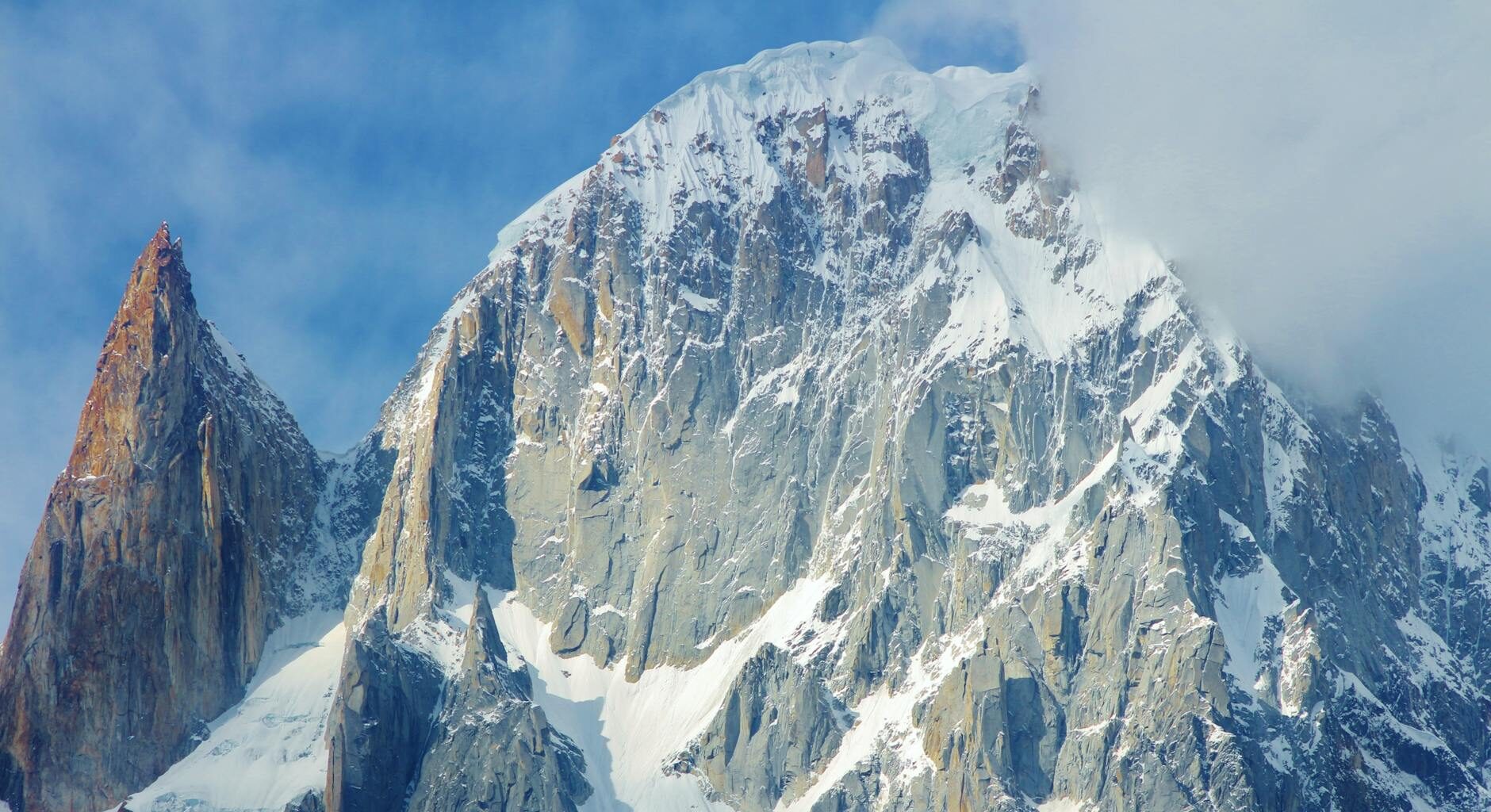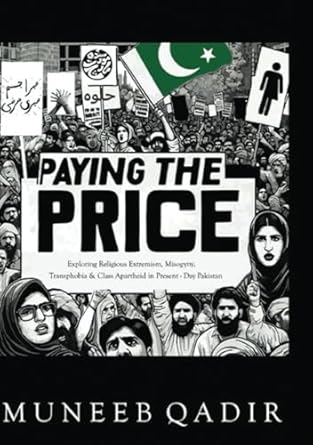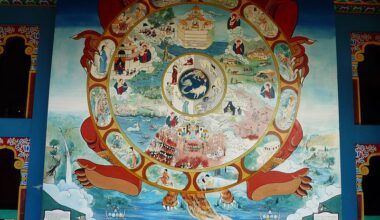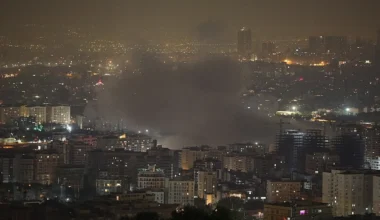After my journey from blindness to rationality (detailed in my previous article for the Freethinker), I began to question the nature of life in Pakistan. Why are we deprived of safety and security? Why are women not allowed to dress the way we want? Why do we have to follow religions, cultures, and customs in which we might not believe? And so on.
I always look at Western societies with some envy. They have their problems, of course, but they are, broadly, free. Westerners know what safety, freedom of speech, and independence feel like. Why can’t we have such freedom in Pakistan?
Paying the Price: Exploring Religious Extremism, Misogyny, Transphobia & Class Apartheid in Present-Day Pakistan by Muneeb Qadir is a 2024 book which has helped me to better understand Pakistan’s problems. Although English literature helped me come to my age of rationality (see my previous article), this book is not a work of fiction. It is an analysis based on facts, figures, history, and current events, and it references Pakistan’s systems, rules, and laws.
Paying the Price begins with a vivid illustration of Pakistan’s problem with religious extremism, telling the story of the 2011 murder of the Governor of Punjab, Salman Taseer, by his bodyguard for the crime of opposing Pakistan’s blasphemy law. For having a different opinion, for standing up for the rights of the oppressed, Taseer paid the ultimate price indeed.
The murder shocked most people, but there were also many on social media who lionised the murderer. The blasphemy law is one of the biggest obstacles to societal progress in Pakistan. Even if nobody has been executed by the state under it, it encourages and gives succour to the lynch mobs who take the law into their own hands and murder those accused of blasphemy whether or not the authorities have charged them.
The second theme of the book is misogyny. In any society, but particularly in Pakistan, it is difficult to see past the shroud of religion and identify certain customs as misogynistic. Qadir also notes that there are double standards: a famous or wealthy woman might never wear the dupatta herself, but she will criticise other, poorer women who also choose not to. And society more broadly will tolerate the rich woman’s choices but not those of the poor woman. This is misogyny plus classism, and it is stifling. Qadir provides many other examples and figures demonstrating how rife and oppressive and stultifying misogyny is in Pakistan.
The third section of the book deals with transphobia. Pakistan is a terrible place for trans people. For many years they were not even allowed to have ID cards, which is the right of a citizen. Trans people in Pakistan are often disowned by their families and forced to become sex workers and dancers to survive (this is hypocrisy, of course: trans people are hated yet in demand!). Qadir discusses the appalling murder rate of trans people in Pakistan. Their lives are at stake all the time, yet no action has ever been taken to protect them. Trans people in Pakistan are forced to live miserable lives. When they bravely speak out, they are condemned as a threat to youth and societal morality. So too with other members of the LGBT community.
When I was younger, whenever I saw homeless people on the street, I always used to ask my mother why they were in that situation. Why could they not live like us? She answered that God had his own plans and would later reward those who suffered in this world. But as I grew up, I came to understand that poverty is a social problem that can and must be solved rather than dismissed with reference to the supernatural.
The problem is, as Paying the Price discusses in its fourth and final section, class apartheid. This section properly answers the questions I had as a child and tells the stories of the many who suffer and die because of this system. For instance, even though child labour is a crime in Pakistan, poor parents often send their young children off to serve elites. Children take care of rich people’s houses and little girls between nine and eleven years old can be seen looking after rich people’s children in fancy parks. Poor children are deprived of their own childhood even as they care for others not much younger than themselves.
In short, there is a steep price paid by everyone born in Pakistan—and, unless we reckon with the structural problems so expertly described and analysed by Qadir, that will always, sadly, be true.
Related reading
Trampled Rights: The Tragic Stories Behind Blasphemy-Related Killings in Pakistan, by Shaukat Korai
The evils of feudalism in Pakistan: a personal and political narrative, by Malik Ramzan Isra
The Galileo of Pakistan? Interview with Professor Sher Ali, by Ehtesham Hassan
How the persecution of Ahmadis undermines democracy in Pakistan, by Ayaz Brohi
From the streets to social change: examining the evolution of Pakistan’s Aurat March, by Tehreem Azeem
Surviving Ramadan: An ex-Muslim’s journey in Pakistan’s religious landscape, by Azad
Coerced faith: the battle against forced conversions in Pakistan’s Dalit community, by Shaukat Korai
Breaking the silence: Pakistani ex-Muslims find a voice on social media, by Tehreem Azeem










Your email address will not be published. Comments are subject to our Community Guidelines. Required fields are marked *
Donate